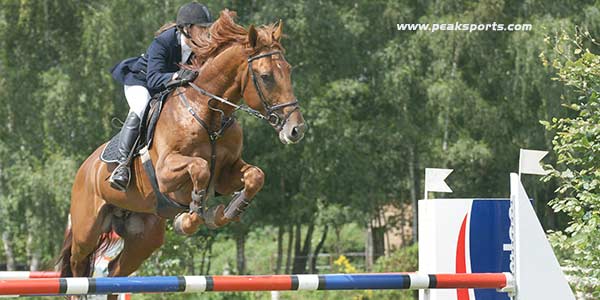
How to Perform Functionally, Not Perfectly
Is perfectionism helpful or harmful to your performance? Do you see perfectionism as a key to your success?
Many top athletes players call themselves perfectionists. You look at these players with admiration and conclude that perfectionism is the way to go to reach your full potential in sport.
Perfectionism does have clear advantages… However, it can hold you back from achieving your potential once all the practice in complete and it’s time to compete.
This athlete was a typical perfectionist with all the classic signs…
All through his young life, his parents put excessive demands on him. His parents’ ultimate objective was to push him to greater heights, an honorable goal.
To do so, his parents never accepted anything less than perfection. In school, a B+ was not good enough. His parents would say, “Why didn’t you get an A?”
In competition, if his opponent made a great save, his parents would look disapprovingly at him for not scoring.
Eventually, the young athlete took on perfection as his goal. He desperately wanted to please his parents and coaches.
After competition, this athlete would mentally replay every mistake he made from the last game. He would get so nervous and fearful of making a mistake that he would make even more mistakes… and the cycle continued after competition.
This is the perfection cycle and it NEVER brings out the best of athletes we work with! Perfection is an impossible standard for any athlete…
The Challenges Associated with Perfectionism:
- Unrealistic expectations.
- Easily frustrated with mistakes.
- Fear of failure and anxiety.
- Performing too safe or cautiously.
- Worry about what others think.
- The need to be seen as a good athlete.
- Underperformance in competition.
No matter what others might say, perfectionism is not the road to performing your best during competition!
Can perfectionism help you master skills? Yes, for sure. It is a good practice mindset. And most perfectionists love to train and improve their skills!
If you learn to perform functionally, you’ll free yourself to play the game intuitively and closer to your potential.
How to Manage Perfectionism in Competition:
First, play functionally, not perfectly. This means getting the job done and not fretting about looking and feeling perfect.
Second, accept that mistakes happen in sports. Don’t have the goal to make zero mistakes in the game. And accept them when you do make them.
Next, work on managing your unrealistic expectations and replace them with more manageable objectives.
Related Sports Psychology Articles
- Does Perfectionism Help Your Performance?
- Top 10 Challenges of Perfectionism
- How Perfectionism Can Hurt Performance
*Subscribe to The Sports Psychology Podcast on iTunes
*Subscribe to The Sports Psychology Podcast on Spotify
Download a free sports psychology report to improve your mental game!
Learn more about our one-on-one mental game coaching.
The Fearless Athlete

For the last two decades, I’ve been working with athletes and helping them optimize their physical ability by teaching them the secrets of top performing athletes. Now, you too can learn how to regain that child-like fearless attitude.
Mental toughness is what separates the winner from the loser in any competition. Champion athletes train hard in practice, perform without fear in competition, and trust their skills in crunch-time.
The Fearless Athlete program is ideal for any athlete that wants to overcome fear of failure and uncover inhibiting perfectionistic traits; or for any coach or parent who wants to teach athletes to perform with trust and freedom in competition.
